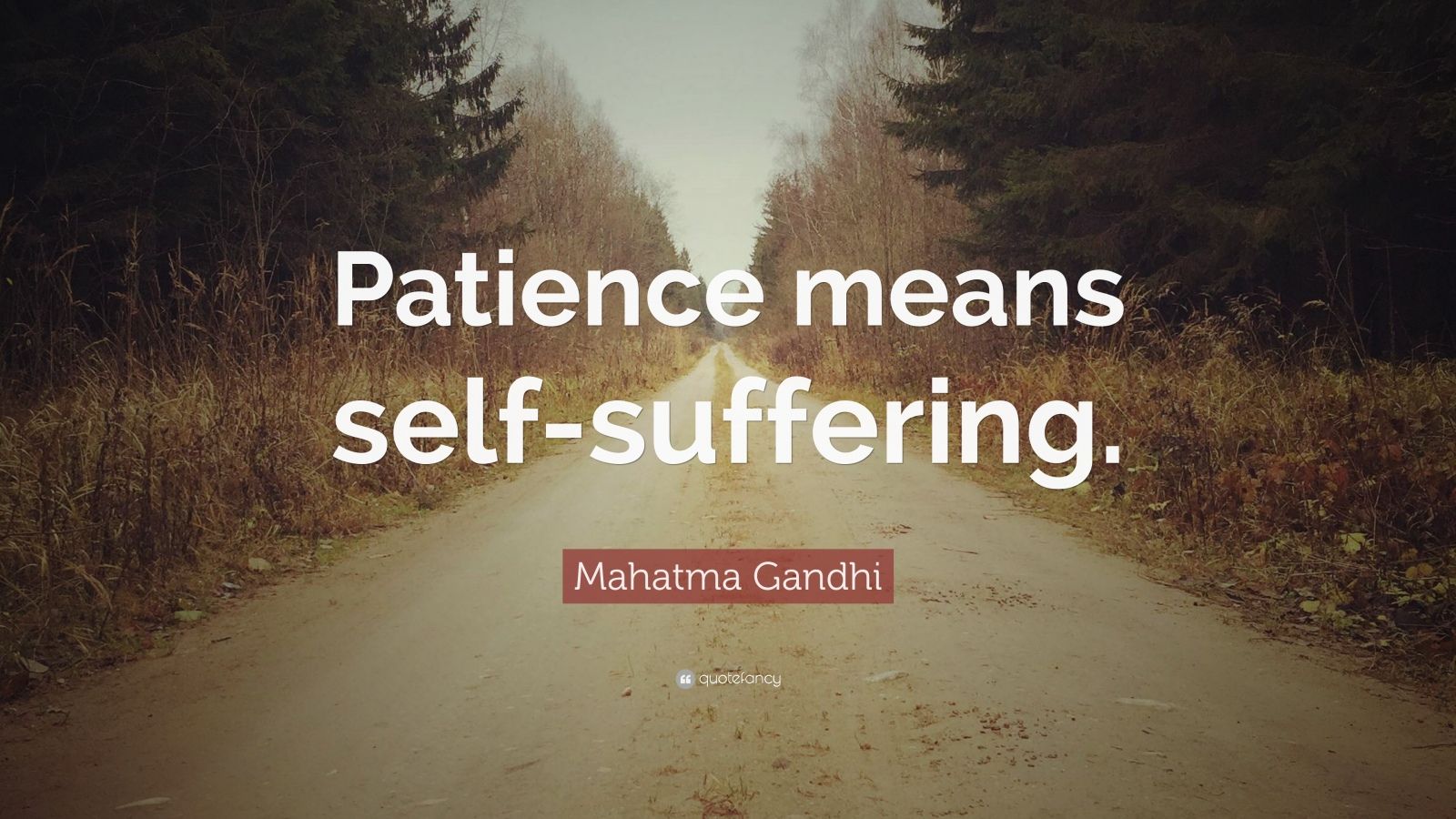

It's nice, but not enough, Bakshi insists: "How you make your money in the first place is more important than how much you give away." The first would be around charitable giving. Gandhi would have posed other tricky questions for today's responsible business movement. "At the end of the day, if you limit the amount of buyers, then you've effectively reduced the bargaining power of the primary producer in the long run," she says. While Bashki welcomes such adjustments, they're ultimately a palliative not a cure. Sticking with agriculture, she cites efforts by large corporations to improve farmer livelihoods by cutting out exploitative middlemen. This raises serious questions for the current social responsibility movement, says Bakshi.

Questions for the responsible business movementĪt the heart of the problem are structural imbalances that feed injustice. As a potential alternative, she points to the case of community supported agriculture in the US, where consumers form direct links with local farmers. Why? Because the key crop science is held by private interests and kept from small farmers. Gandhi would have taken issue with genetically-driven intensive farming. Intrinsic to this belief is a concern about 'command-and-control' business models that rely on, and exacerbate, distortions of power. The same is true for our economic system. Co-operation, he argued, not competition, is the natural state of mankind. As Bakshi puts it: "In a place like India, people affected by large-scale industrial projects like mining are told that they must pay the price for the nation to progress … Gandhi fundamentally rejected this as immoral."Īt the root of this rejection is Gandhi's questioning of capitalism's inherent Darwinism. The idea counters widespread capitalist notions about individual sacrifice for the greater good. Nobody should be asked to pay the price for the majority to benefit," Bakshi says. "Gandhi visualises a very creative dynamic between the individual and collective wellbeing. But instead his word would have been "sarvodaya", which loosely translates as "welfare for all". With a few caveats, win-win models of business – very much in vogue in sustainability circles – could have come from Gandhi's mouth, Bakshi argues. A prominent Indian writer and journalist and Gandhi peace fellow at Gateway House, she insists Gandhi's thinking has a "very real place" in today's debates about capitalism. Rajni Bakshi is one of a growing band of modern-minded, Gandhian intellectuals calling for a change of view.


 0 kommentar(er)
0 kommentar(er)
